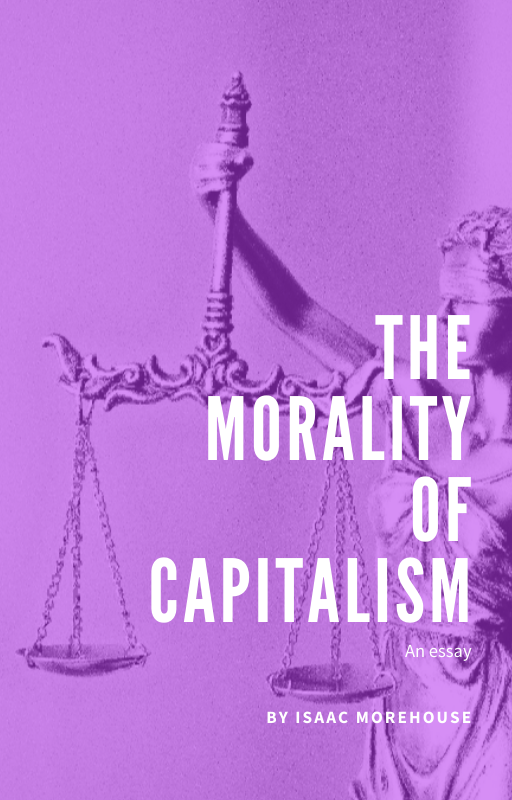The light of the body is the eye: if therefore thine eye be single, thy whole body shall be full of light. But if thine eye be evil, thy whole body shall be full of darkness. (Matt 6:22-23, KJV)
That’s a weird saying of Jesus. It’s wedged between two statements about being generous and not being a slave to money or material fear.
There are two odd metaphors in here about the eye. First, the idea of the eye as a light or lamp. Second, the idea of a “single eye” in contrast to an “evil eye”.
We think of the eye as a passive instrument. It receives light, sends it as images to the brain, and the brain makes sense of it. The world outside of the eye is objective, and the eye simply takes in what is there. If the world being observed by the eye is bright and lovely, it will send those images to the brain and that will likely make our disposition bright and lovely. If what the eye sees is ugly, the opposite is likely.
But Jesus implies something radically different here. It’s not the external world that the eye passively observes. It’s not the external world that shapes our inner selves. Instead, the eye is the light, rather than a receiver of light. Your eye – your consciousness, your attention, your perception, your way of seeing the world – is what determines the kind of person you’ll be. The light of the eye in this verse is illuminating not just the external world, but the inner self.
This is fascinating. I have witnessed and experienced something like this many times. You probably have too. A pessimist and an optimist, for example, may observe the same event and come away believing different things and having different internal states because of it. One has an eye that perceives beauty and goodness, which causes them to shine internally. One has an eye that perceives the opposite. In the context of Jesus’ sermon, he seems to be saying that a scarcity mindset that worries a great deal about money, material possessions, and material status relative to others (what today gets called “equality” in Social Justice circles) – an eye that sees lack instead an eye that sees abundance – will darken the soul.
The second metaphor is about the eye being “single”. Maybe, as some have suggested, Jesus is talking about the “third eye” chakra or Pineal gland and telling everyone to get on some DMT and open the doors of perception. I wouldn’t rule it out and it’s certainly interesting and not really in conflict with the broader context.
But you don’t have to get trippy to understand. The idea of singleness vs duality is repeated a lot in the Old and New Testament, usually with a bodily metaphor. Singleness of heart, singleness of mind (or its opposite, doublemindedness), and singleness of tongue. James talks about the doubleminded man being unstable in all he does, tossed around by every “wind of doctrine”, or new fad or teaching, perhaps the trending hashtags of the day. David asks for an “undivided heart”.
The idea of a single eye – paired with the idea of the eye not just receiving info about the world, but generating it as it illuminates what it sees – implies a lack of inner conflict. An untortured, unthreatened, consistent perception of the world. Jesus says right after this verse that you can’t serve two masters, or you’ll grow to despise one of them (PS – sometimes one of them is you). The idea of singleness is about peace of mind. In my experience, it is the greatest, most freeing thing to be of a single mind, or single eye (perception). It’s having a vision that is clear and consistent.
It takes self knowledge, and especially brutal self-honesty, to clear away conflicting perceptions or desires. You may think you have a vision and start acting on it, while maintaining doubt or conflicting desire. This will tear you apart. Saying yes to things when you really want to say no will do the same (in this same sermon Jesus advises “let your yes be yes and your no be no”). Inner conflict comes from thinking you want one thing, or tricking yourself into believing it, while your gut really wants another. This gives you double vision. You can’t see clearly. Your eye is not single.
I love this odd double metaphor of the eye as a lamp and a unitary tool of perception. It reminds that who we are is determined by how we see ourselves and the world.
